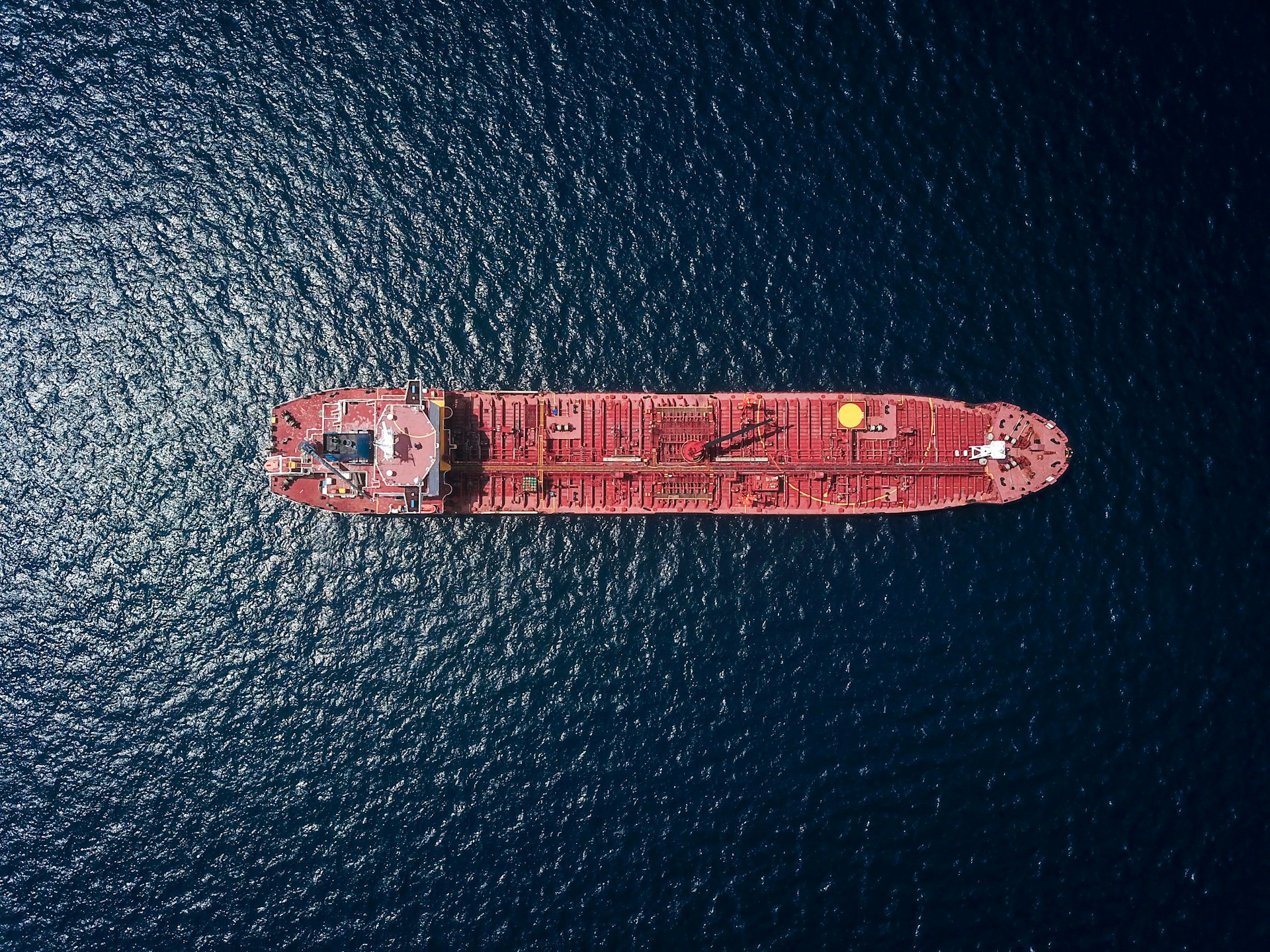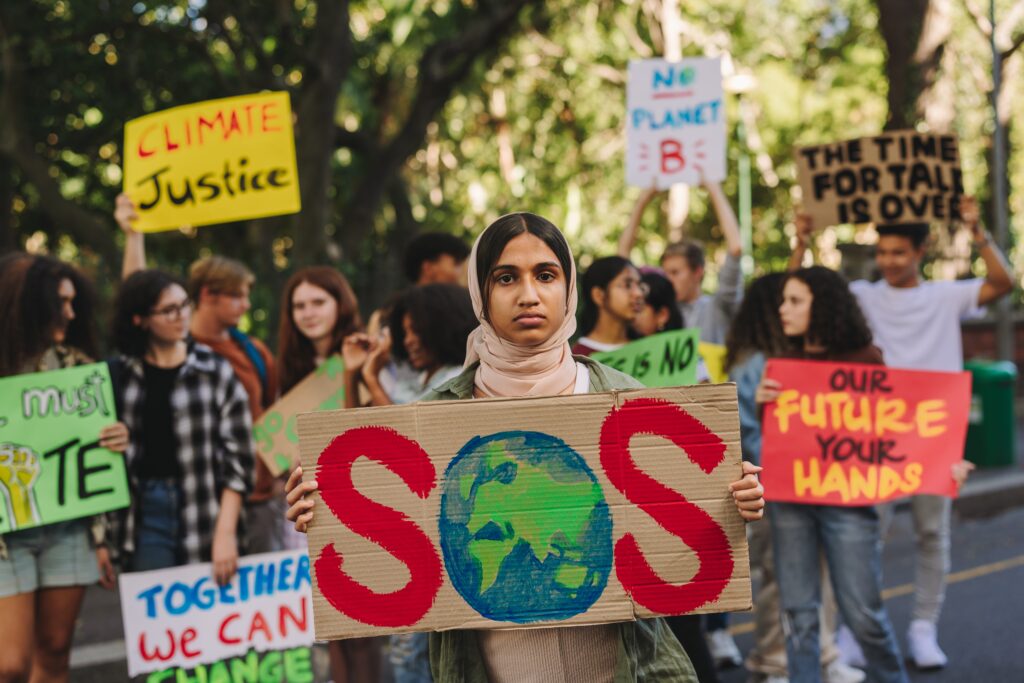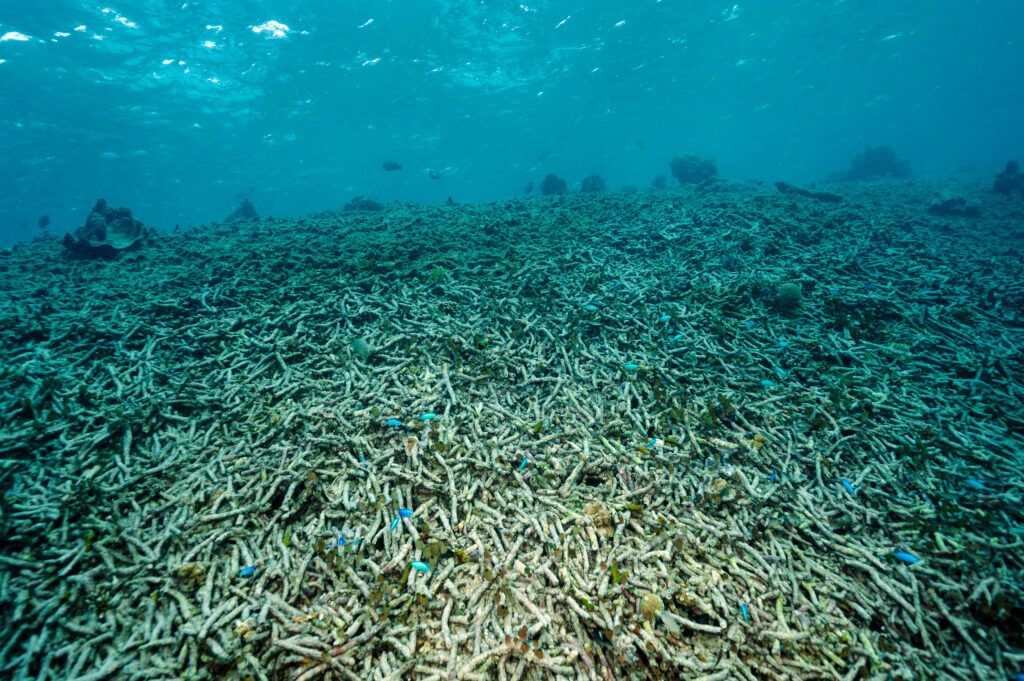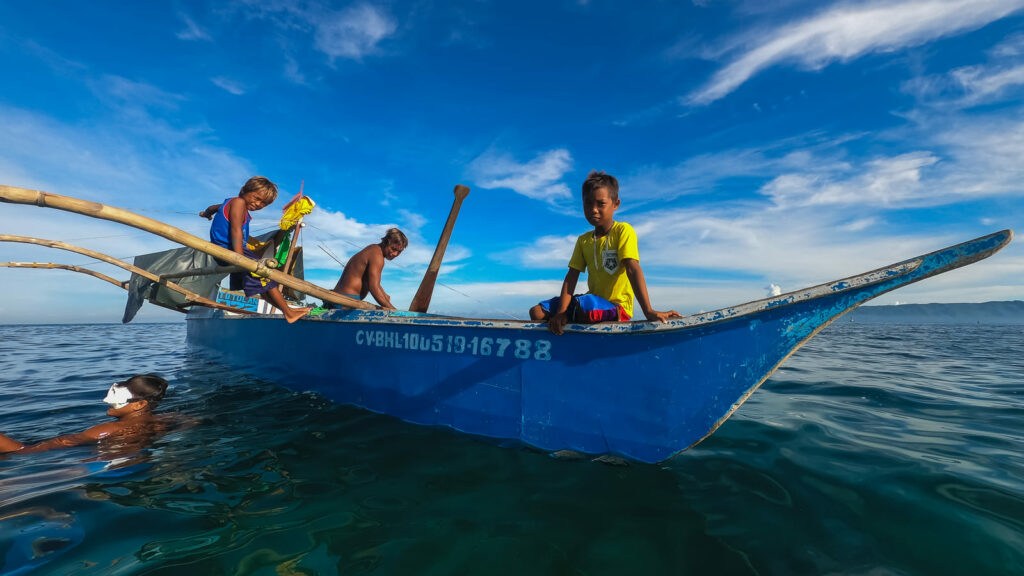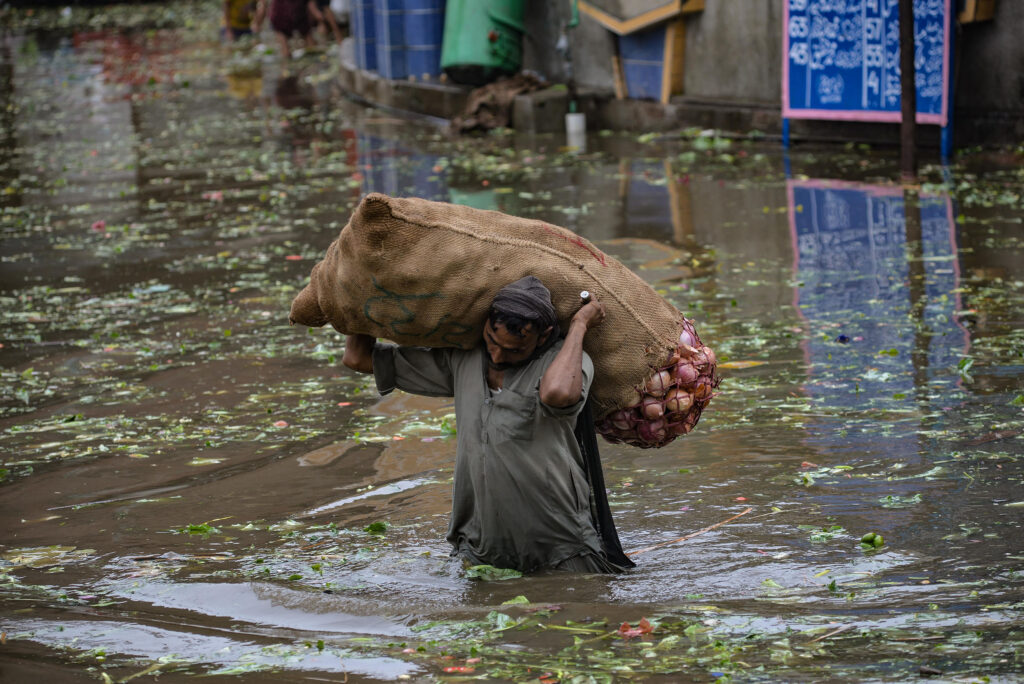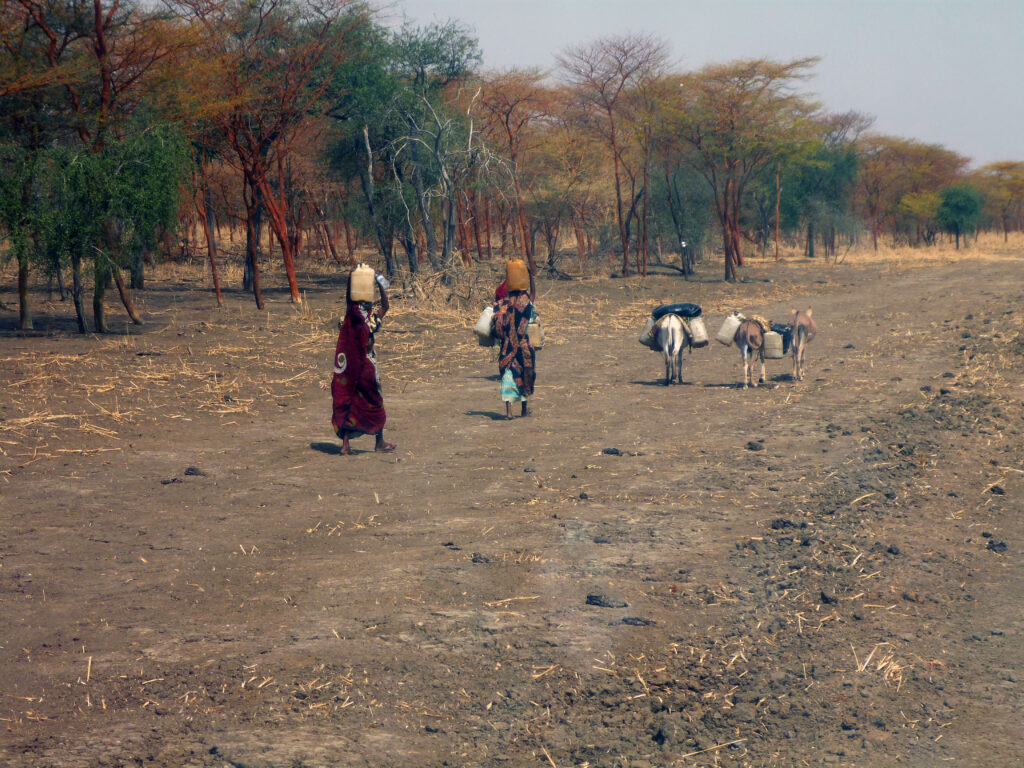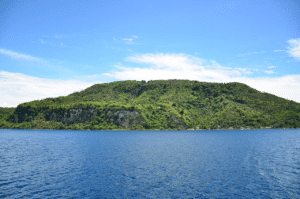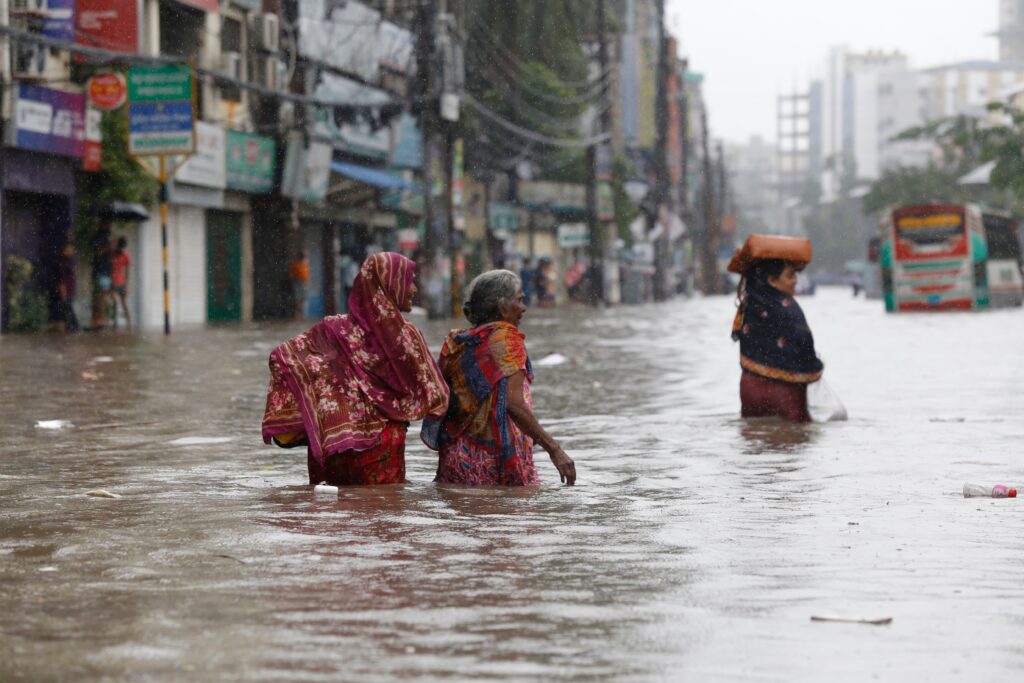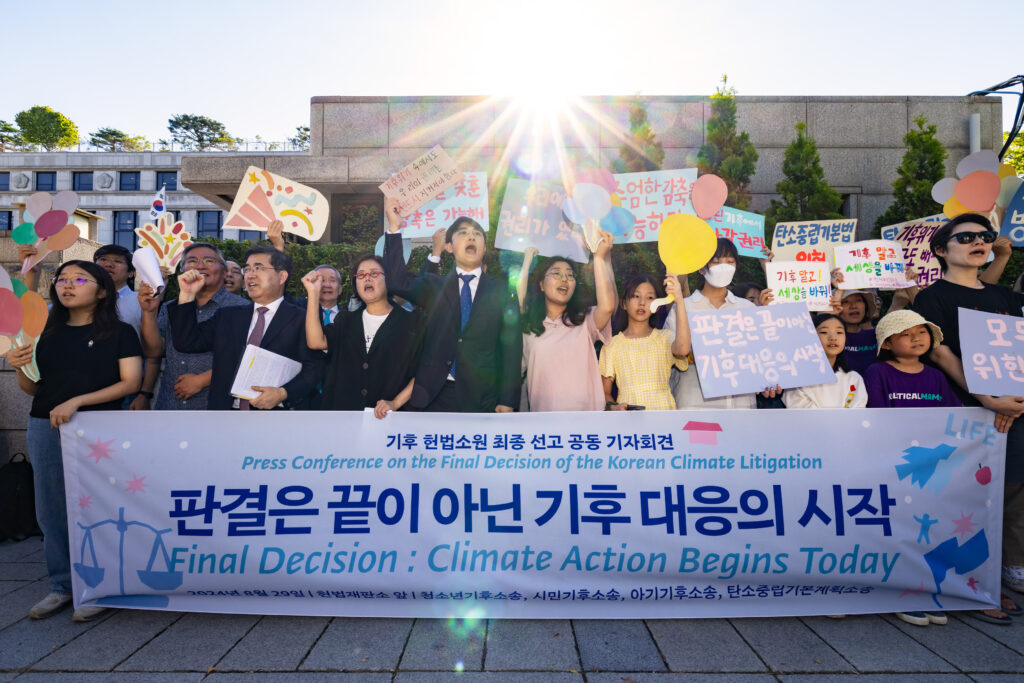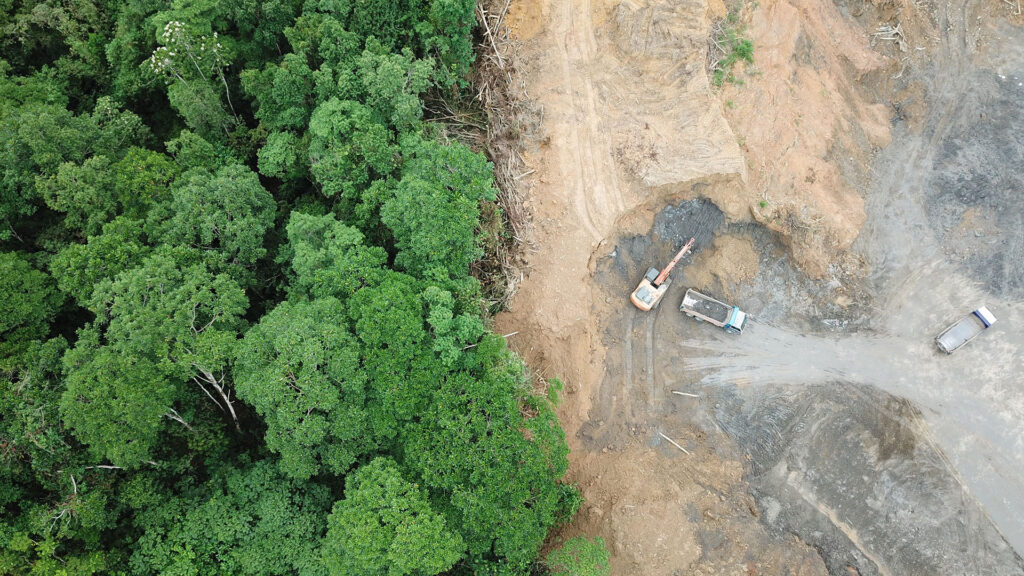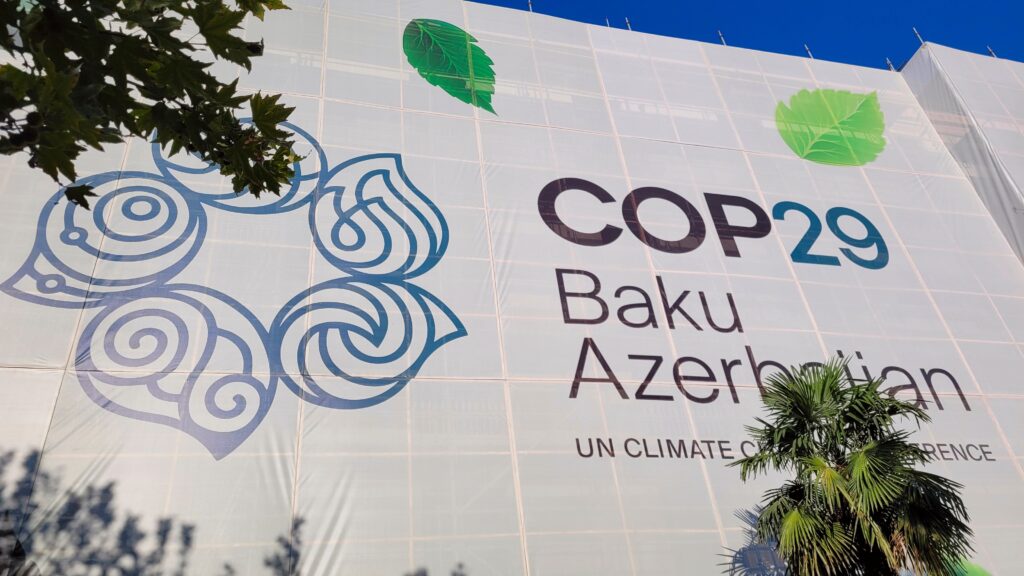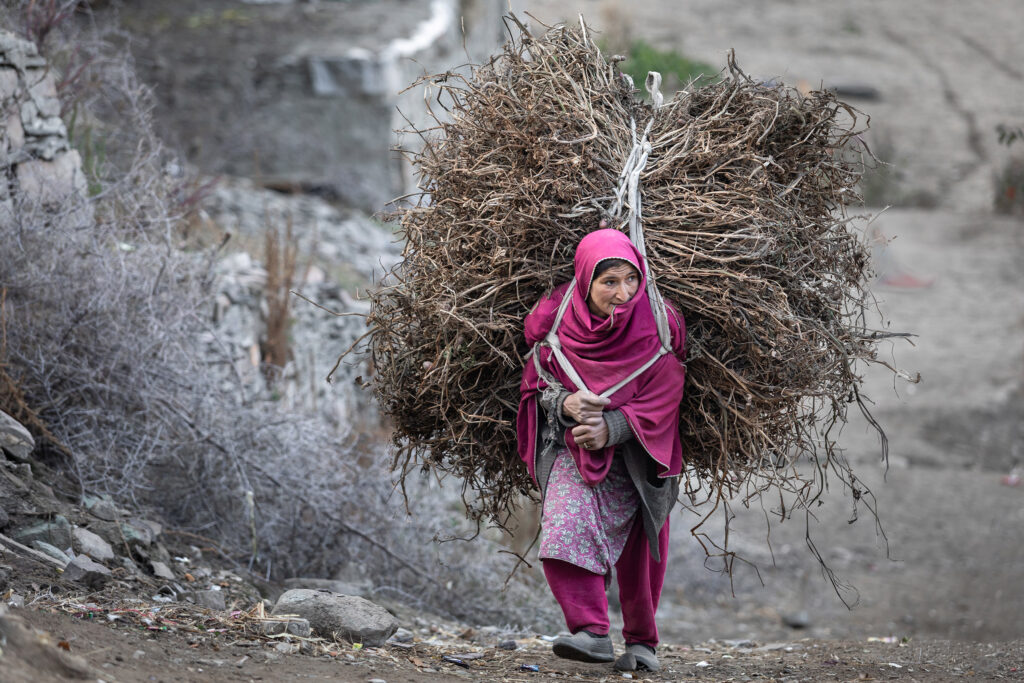“I’ve fished these waters for 30 years. Before, I used to fill my boat by noon. Now, it takes me two days to catch even half of what I used to. And that is if I am lucky,” says Park Jae-Lee, a South Korean fisherman in his 50s.
Seeing the catch dwindling over the years has made South Korean fishermen like him increasingly protective of the waters they have relied on for generations. Last year, alongside activists, they protested against Japan’s planned discharge of radioactive wastewater from the Fukushima nuclear power plant into the Pacific Ocean due to fears it would contaminate food and destroy marine ecosystems.
But while South Korean fishermen tirelessly protested the release of wastewater, another enemy was making silent moves away from the spotlight, further threatening the vital marine ecosystems their livelihoods depended on – Russia’s shadow fleet of oil tankers.
The latest study by the Centre For Research on Energy and Clean Air (CREA) identifies the Korean Strait as one of the busiest routes for Russian shadow oil tankers globally. The research organisation describes the activity as a way to ensure “an ecological disaster,” such as an oil spill that can potentially burden coastal countries in the region with up to USD 1.6 billion in direct cleanup costs. Sheer numbers aside, the long-lasting impacts could be much more devastating.
CREA: Russia’s Shadow Fleet of Crude Oil Tankers an Ecological and Economic Threat to Asian Coastal States
To circumvent Western sanctions in response to the invasion of Ukraine and continue financing its war machine, Russia has created a fleet of “shadow tankers” transporting oil all across the world. As per CREA’s definition, these vessels have ownership and insurance outside G7 and EU jurisdictions.
Worryingly, the researchers note that there has been a spike in shadow tanker activity recently. On average, three such vessels leave Russian ports every day. In fact, between January and August 2024, they accounted for 72% of Russia’s total seaborne crude oil exports.
Russian Oil in the Pacific
While Russia uses shadow tankers to carry out its oil transportation activities worldwide, the biggest share is in the Pacific. During the first eight months of 2024, the Korea Strait, for example, have seen 35 million tonnes of cargo transported, with 89% of all shipments carried out by shadow tankers.
But Russia’s shadow tankers also operate actively in maritime corridors near other Asian countries. For example, the Strait of Malacca, between Singapore and Indonesia on one side and Malaysia on the other, saw 5.7 million tonnes of Russian seaborne crude oil shipped, with “shadow” tankers accounting for 72% of that total. While the volume might seem lower, the Malacca Strait is Asia’s primary maritime choke point and the largest globally for oil transit. In 2023, an estimated 823 million tonnes of crude oil were transited through the strait.
Another 2.2 million tonnes were transported through the Taiwan Strait, nestled between the Chinese mainland and the island of Taiwan, between January and August 2024. Of this, 1.7 million tonnes were shipped through shadow tankers.
According to CREA’s research, shadow tanker activities in Asian waters have increased significantly this year. During the first eight months of 2024, the volume surged 351% in the Korea Strait and 151% in the Strait of Malacca compared to the same period in 2022.
The research organisation notes that the shadow tanker fleet poses various risks.
First, the average age of the ships is 17 years. According to experts, tankers over 15 years old are more susceptible to malfunctions, increasing the risk of accidents.
In addition, these vessels operate with inadequate or no protection and indemnity insurance policies to ensure coverage of potential liability claims, such as collisions, property damage, pollution and environmental damage. This is especially concerning, considering that since the start of the Ukraine invasion, shadow tankers have been involved in 50 incidents globally.
Furthermore, CREA notes that these tankers often operate under opaque ownership structures, allowing them to evade international regulations. As a result, enforcing accountability in the event of an oil spill or other major incidents becomes “nearly impossible,” the researchers say. A common practice operators of such vessels also use to circumvent stricter regulations is registering the ships in countries with more lenient shipping frameworks, such as Panama, Liberia and Gabon. This lack of oversight increases the risk of environmental disasters, as ageing ships from such jurisdictions often undergo fewer inspections.
The huge environmental risk isn’t just a theoretical scenario. According to CREA, in 2023 and 2024 alone, there have been several near-miss incidents involving the shadow tankers, often around Southeast Asian shores.
Potential USD 1.6 Billion in Oil Spill Cleanup Costs on the Cards
CREA notes that Russia’s shadow tanker practice poses a significant environmental risk, especially in areas where the vessels must navigate narrow straits such as the Korean and Malacca Strait.
According to CREA, the higher risks in those areas originate from the heavy maritime traffic, difficult water and weather conditions, and proximity to coastlines. As a result, the likelihood of groundings, collisions and resulting oil spills increases.
The oil spill risk is further exacerbated by evidence that Russian shadow tankers have been consistently declining specialist pilots and expert navigation. Furthermore, Russian crude oil tankers reportedly disable their automatic identification systems to complicate their tracking, increasing the risks of collisions and potential oil spills. According to a New York Times investigation, such vessels are also often involved in “spoofing” – a practice of sending fake location signals to make it appear as if they are in one location when they are somewhere else.
At the same time, experts estimate that in case of a potential oil spill, the cleanup costs will be the highest in Southeast Asia. The majority of Russia’s shadow tanker fleet comprises ships that can carry between 100,000 and 130,000 tonnes of crude oil, meaning a potential accident could incur USD 1.6 billion in cleanup costs for Southeast Asian countries.
However, cleanup costs are just one variable in the equation. In the case of an oil spill, money alone won’t solve the problem, since the environmental impact on the region’s fisheries, marine ecosystems, and biodiversity can be long-lasting and significantly devastating.
The 2023 Pablo tanker accident near the Strait of Malacca in Malaysian waters is a case in point. The ageing vessel caught fire and prompted rescue operations, while oil, potentially originating from the wreck, later washed up on the coast of Indonesia. However, since the tanker had unclear ownership and no insurance, no one was held accountable.
In another case from July this year, the Russian shadow vessel Ceres I collided with the legally operating Singaporean-flagged tanker Hafnia Nile in Malaysian waters. Both vessels caught fire. The shadow tanker fled the scene and reportedly turned off its automatic identification system, increasing the risk of potential collisions with other vessels. A day later, Malaysian authorities intercepted the shadow tanker, which had already spilled oil in Malaysian waters. Since it lacked insurance, the cleanup costs had to be covered by Malaysian taxpayers.
Increased shadow tanker activities in Asian waters risk adding another chapter to the region’s documented struggles with tanker oil spills. In February 2023, a 900,000 L oil tanker spill affected a large part of the locally managed marine protected areas along the coast of the Verde Island Passage marine corridor, which scientists consider integral for understanding how to preserve global biodiversity. Leaving over a 120 km slick, the event affected approximately 200 square km of coral reefs, 99 square km of mangroves and 60 square km of seagrass, according to the UP Marine Science Institute. The disaster marked the biggest oil spill in the world for 2023.
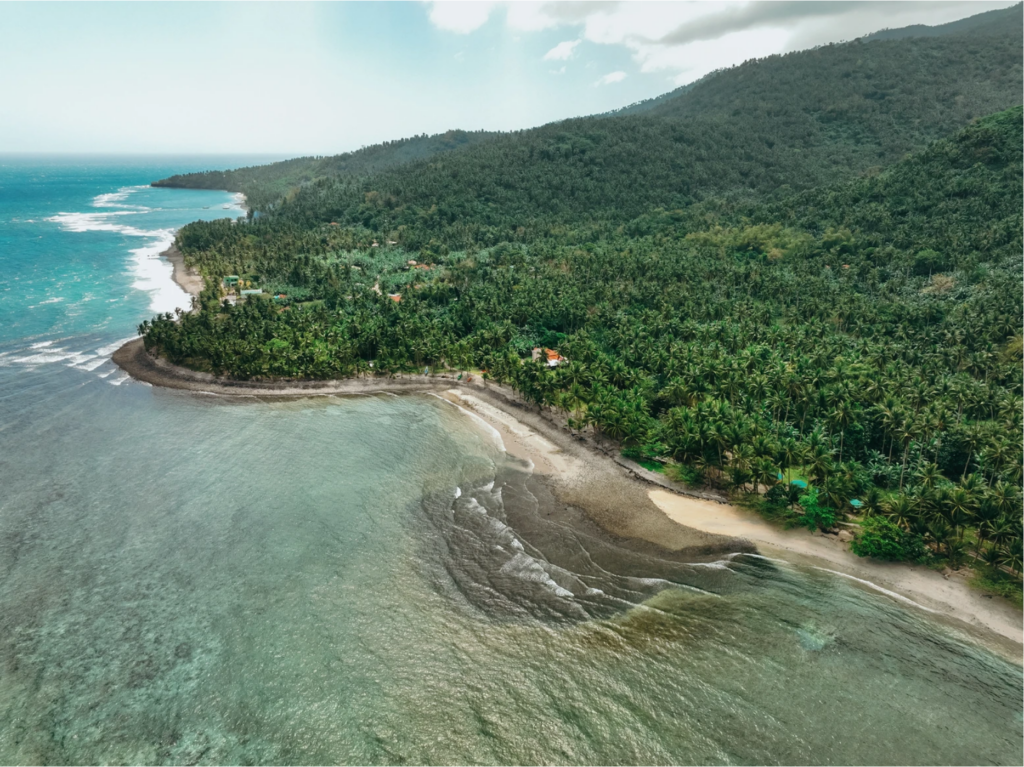
Waste Dumping, Noise Pollution and Ecosystem Disruption
Aside from the documented oil spills, there are also other risks from increased tanker activities. For example, Southeast Asia is already a large bilge dumping hotspot. Alternatively, it is the region with the highest concentration of illegal discharge of waste oil and sludge from ships.
And, according to CREA, due to being registered in countries that have less strict regulations, shadow tanker vessels are even more prone to being involved in harmful practices like illegal waste dumping.
Research has shown that heavy maritime traffic can cause increased noise pollution in marine migration corridors, important fishing grounds and mating and nursery areas for species like whales and dolphins. In addition, the WWF warns that increased shipping can cause hearing loss and disorientation in whales, dolphins and other animals, reducing their ability to detect approaching vessels and elevating the risk of collision. Collisions are also common for animals, such as sea turtles, that spend substantial amounts of time near the surface.
Coastal Nations, Taxpayers and Nature Bear the Burden
“The use of ‘shadow’ vessels to bypass sanctions is not new but has escalated dramatically since Russia’s full-scale invasion of Ukraine, with Asian countries a key destination for these ageing ships. In the likely event of an accident and oil spill, coastal countries will pay the price,” explains Petras Katinas, lead author and Energy Analyst at CREA.
CREA’s report serves as a wake-up call for the urgent need to address the shadow fleets’ activities and the evasion of international regulations. The researchers warn that Russian shadow tankers crossing multiple countries’ territorial waters and exclusive economic zones make the looming environmental risk a matter of global importance, necessitating cross-border collaboration between the maritime industry, international bodies and governments.
Currently, banning shadow tankers from traversing in specific zones isn’t a viable solution, since under international maritime rules, all vessels have the right to sail through all waters, according to the Center for European Policy Analysis. Yet, this doesn’t mean solutions don’t exist. According to CREA, these include stronger enforcement of environmental standards and making it mandatory for all oil tankers entering territorial waters and exclusive economic zones to provide proof of adequate insurance.
European countries have already launched a global call to action against Russia’s shadow fleet. However, Asian states must be more vocal, considering no region is at a higher economic risk should an environmental disaster occur.
As years of climate and environmental inaction have shown, Asian coastal states and, by extension, their taxpayers, maritime communities and natural ecosystems will be the ones to pay the price.
Viktor Tachev
Writer, Bulgaria
Viktor is a writer that specialises in green finance and ESG investment practices. He holds a Master's degree in financial markets and has over a decade of experience working with companies in the finance industry, along with international organisations and NGOs. Viktor is a regular contributor to several publications and comments on the likes of sustainability and renewable energy.
Viktor is a writer that specialises in green finance and ESG investment practices. He holds a Master's degree in financial markets and has over a decade of experience working with companies in the finance industry, along with international organisations and NGOs. Viktor is a regular contributor to several publications and comments on the likes of sustainability and renewable energy.

